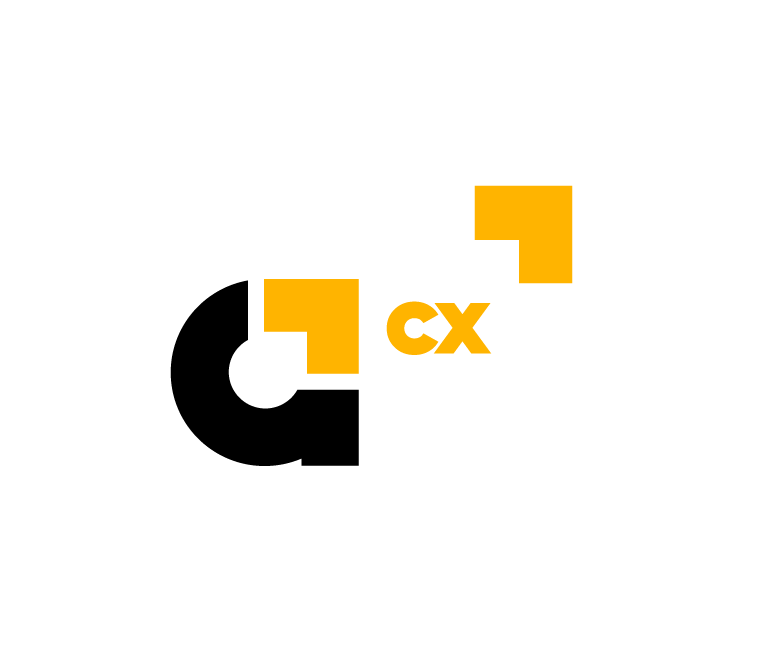Startups don’t scale like traditional organizations and their customer experience operations can’t either. Whether you're launching a new product, entering a growth stage, or preparing for investor milestones, your customers expect speed, clarity, and reliable support that grows alongside your business.
CX for startups must be faster, more adaptive, and more cost-efficient than traditional support. The right BPO provides rapid onboarding, flexible staffing, startup-specific workflows, proactive customer guidance, and scalable processes that grow with your product. Nearshore CX partners excel by aligning tightly with startup speed, culture, and evolving customer needs.
But building an internal CX operation from scratch is costly, time-consuming, and often distracts teams from what matters most: product and revenue.
That’s why more startups are turning to nearshore CX partners that specialize in fast, flexible team extension models. The right BPO doesn’t just answer tickets — it adapts to your velocity, your roadmap, and your customers’ expectations.
Below are the five biggest differences between standard customer support and startup-ready CX — plus what your BPO partner should deliver at every stage.
1. You Need CX That Onboards in Days, Not Weeks
Startups move fast — product launches, feature rollouts, and customer acquisition all shift constantly. Your support team must keep pace.
A traditional BPO might take 4–8 weeks to build a team.
A startup-ready BPO should onboard in 10–14 days or less.
What this requires from your partner:
- A pre-trained nearshore talent pool
- A frictionless knowledge transfer process
- Defined startup onboarding playbooks
- Real-time collaboration with product and operations
- Ability to ramp headcount up or down without disruption
At Altiam CX, Our teams don’t just follow scripts, they understand your product, tone, and customer expectations from Day 1. That means your users get knowledgeable support right away, and your internal team can stay focused on growth instead of training.
2. Your CX Must Scale With Your User Growth Curve
Startups rarely grow in a straight line. Some weeks bring a surge of inbound demand; other weeks stabilize.
Your CX partner must match this rhythm with:
- Elastic staffing
- Burst support for launches
- Flexible schedules
- Multi-skill agents across chat, voice, and email
- Pre-planned capacity models
Traditional contact centers struggle here. Nearshore startup-focused teams excel.
Here at Altiam CX, we make scaling seamless: our bilingual agents can ramp up on demand, covering spikes in chat, voice, and email. We design flexible schedules aligned with your launch calendar and pre-plan capacity models tailored to your projected growth. This adaptability prevents backlogs, protects CSAT, and ensures your team can focus on growth rather than scrambling to cover spikes.
3. You Need Proactive, Not Reactive, Support
Startups win customers by solving problems before they escalate. Traditional support often waits for tickets to arrive.
Altiam CX delivers proactive insights:
- Voice of Customer (VoC) reports highlight trends and friction points
- Pattern detection identifies recurring issues early
- Proactive outreach reduces churn and strengthens loyalty
- Feedback loops with product, engineering, and marketing teams inform better product decisions
Our agents act as extensions of your product and success teams not just as ticket responders. This approach ensures issues are caught early, and every interaction supports long-term growth.
4. You Need CX That Protects Your Burn Rate
Startups must balance speed and quality with financial responsibility. Outsourcing only works when cost efficiency does not compromise customer experience.
At Altiam CX, we help startups control costs while maintaining quality:
- Predictable pricing models and flexible engagement plans
- Nearshore bilingual talent at a fraction of U.S.-based labor costs
- SLA-driven quality standards
- Transparent reporting and metrics for productivity and satisfaction
- No hidden overhead: we handle recruiting, HR, and payroll
Nearshore CX in Honduras gives you U.S.-aligned time zones, cultural alignment, and measurable cost savings without sacrificing quality or responsiveness.
5. You Need a Partner That Operates Like an Extension of Your Team
Startups do not need transactional vendors — they need partners who integrate fully into their systems, culture, and workflows.
Altiam CX embeds your CX team into your organization:
- Agents trained on your brand voice and customer communication standards
- Full integration with tools like Zendesk, HubSpot, Intercom, Jira, and Slack
- Participation in daily standups and operational reviews
- QA and knowledge base support
- Direct collaboration with success, product, and operations teams
This team-extension model ensures your BPO works with the same context, urgency, and ownership as your internal staff, providing consistent, high-quality CX even during rapid growth.
Ready to Scale CX the Startup Way?
A startup-ready CX strategy requires a partner who understands speed, adaptability, and customer-centric growth.
If you’re preparing for launch, scaling your user base, or simply need a predictable support model, we can help you build a CX engine that scales with confidence.
1. Why is CX for startups different from traditional customer support?
Startups require faster onboarding, higher adaptability, and scalable staffing. Their support must evolve quickly as products change, making traditional BPO models too slow or rigid.
2. What makes nearshore CX a good fit for startups?
Nearshore CX offers cultural alignment, overlapping time zones, and lower costs, while providing bilingual agents and higher-quality support than offshore alternatives.
3. How quickly can a startup launch CX with a nearshore BPO?
Most startup-ready partners can launch within 10–14 days using pre-trained talent pools and streamlined onboarding frameworks.
4. What is a CX pilot program?
A pilot lets startups test a support team for 30 days with defined KPIs, capacity needs, and clear outcomes before long-term commitment.
5. How does a BPO help reduce a startup’s burn rate?
By lowering labor costs, eliminating recruiting expenses, providing flexible staffing, and reducing overhead — while still delivering high-quality support.





